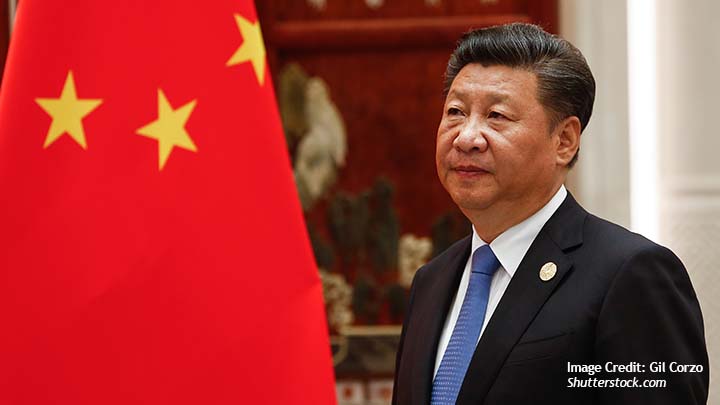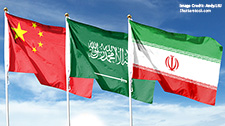How Will the 20th National Congress Change China?

Jagannath Panda
Although Xi Jinping has consolidated his power and crushed domestic dissent, China is shifting further inward toward totalitarianism and fast losing its carefully built competitive edge.
It may be a forgone conclusion that Chinese president Xi Jinping will be coronated for the third time since he assumed power in 2013 at the upcoming 20th National Congress of the Chinese Communist Party (CCP). Indeed, some would say that the sixty-nine-year-old “core” leader’s future path was set in 2018 when the National People’s Congress voted to abolish term limits for the presidency. However, at home, the cumulative effects of the sluggish economy, including energy and property crises, and public disenchantment with the CCP’s uncompromising “dynamic zero COVID” policy are taking a toll.
In the global arena, too, China faces new challenges—from growing transatlantic agreement that China is a “strategic threat” to uneasy ties with neighbors such as Japan and India. Moreover, the collapse of debt-ridden economies (e.g., Sri Lanka) has compounded concerns about Xi’s prized Belt and Road Initiative (BRI), while China’s escalating crisis with the United States over Taiwan has disturbed Xi’s path to the coronation.
Consequently, although Xi has consolidated enough power and crushed domestic dissent, his “China dream” of rejuvenation, prosperity, and modernization is cluttered with ideological hogwash—China is shifting further inward toward totalitarianism and fast losing its carefully built competitive edge.
With the CCP’s 20th National Congress set to delineate priorities for China’s political, economic, and diplomatic rejuvenation to revive its “Peking Model,” one can identify some critical characteristics going forward.
Centrality of Power / Political Hardening
Related Publications
-
Challenging Western Views: Understanding Power and Stability in East Asia; An Interview with DAVID C. KANG
Dr. David C. Kang is Maria Crutcher Professor of International Relations at the University of Southern California. A leading expert in East Asian security, international relations, and political economy, Dr. […]
-
To What Extent is China a ‘Security Threat’?
The current international order, led by the United States, is undergoing phenomenal political, economic, and security changes that will decide whether the order will continue as it is, or a […]
-
ISDP Annual Report 2023
ISDP’s Annual Report for the year 2023. We look back on 2023, a year in which tensions and conflicts captured the strategic space in ISDP’s focus areas, making headlines around […]
-
Drivers of U.S.-China Strategic Competition: Understanding the Chinese Perspective
The relationship between the United States and China is one of the world’s most important and mutually beneficial bilateral relationships. Nonetheless, it is also complex and contentious, with both countries […]
-
What does China as Peacemaker between Saudi Arabia and Iran Mean to India?
The China-brokered March peace deal between Iran and Saudi Arabia – the leaders of the Shia and Sunni worlds, respectively – is certainly an incredible achievement. As highlighted in the […]




